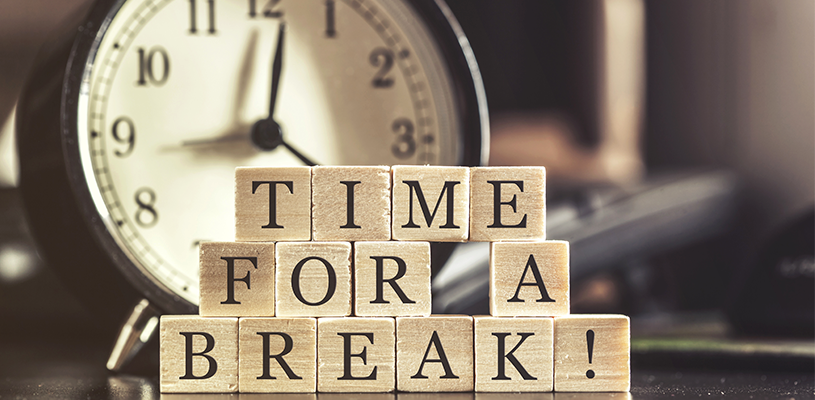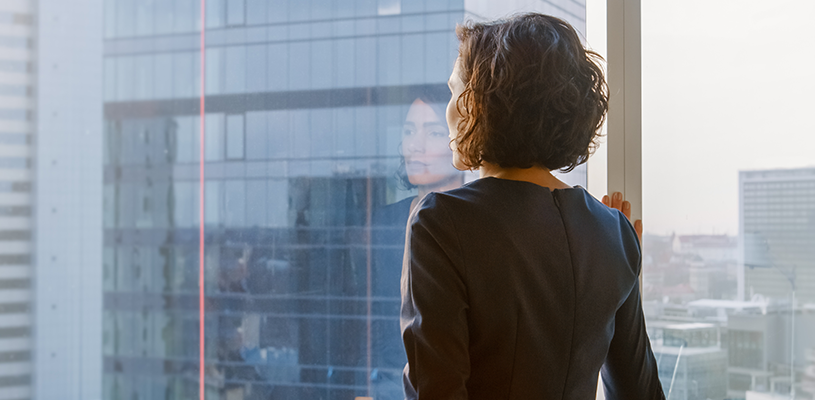Time to take a break

Even taking just 10 minutes can improve your decision-making ability
We work too much. More accurately, we work too many hours without a break. We no longer take time away from our work day, in the mistaken belief (commonly called a “delusion”) that labouring without respite is more productive. We do this despite all evidence to the contrary.
In the field of problem solving, there is the concept of “incubation,” the demonstrated phenomenon that when we walk away from a problem and do something else not connected to the problem, then we often arrive at a solution much faster after that break even when we take the time spent on the break into account.
Sometimes, if we’re lucky, taking time to incubate the problem results in an unexpected payoff – the solution “magically” appears to us. This doesn’t happen often, and it’s far from reliable; but, incidents of this serendipitous flash of insight have happened to all of us. Call this phenomenon the “In the Shower Revelation” if you want to remember your experience.
In the field of ego depletion (related to our ability to continuously make quality decisions), it’s been found, tested, and demonstrated – repeatedly – that even a 10-minute break from decision making results in increased decision-making ability.
Breaking the Habit of Sitting and Working
Sitting for long periods is bad for us. Ask your doctor. Getting up and walking away from your desk isn’t beneficial only for the reasons above; it also gets the blood flowing. Walking to a gym and experimenting with the shiny new torture devices is even better … so rumour has it (I need to check that out myself more often).
There are other solutions to the need to be active: for example, stand-up desks or treadmill desks. However, these involve financial resources and don’t solve the problem of working through lunch – they might even encourage the practice.
Based upon the above evidence, I’d suggest that people are not machines, but that’s a flawed metaphor. We know better than to run a machine constantly without maintenance. It might be better to remind ourselves that we are machines – biological ones perhaps, but machines nevertheless – and, just like our mechanical brethren, we need downtime for mental and physical maintenance.
Breaking the habit of working at our desks isn’t easy, especially since we’re surrounded by enablers – those who believe that being “productive” means being constantly busy; those who perceive noontime inactivity as a symptom of sloth.
Burnout and Breaking Points
Easy or not, taking time off at lunch is important. Forget the productivity gains promised by the findings listed above, be selfish and think of yourself and your health. Yes, reduced budgets and resources, increased workloads, and constant change are all conspiring to reinforce the push toward doing more and more with less and less – but, like machines, we have breaking points. They differ from person to person, but burnout is real, as are all the complications and consequences of constantly being under stress.
Take a break. Think of nothing. Just relax. Even if it’s only for 30 minutes each day, this practice can help you avoid larger problems. Taking time off in the day has proven productivity benefits; but, do it for yourself. You don’t need anyone’s permission to find a private tree to lean against and breathe deeply while munching on a ham and cheese sandwich. MW
Unless there’s a fire, an explosion, or an alien invasion, don’t call Peter de Jager at lunch … it’s highly unlikely he’ll answer.
Related resource materials:



